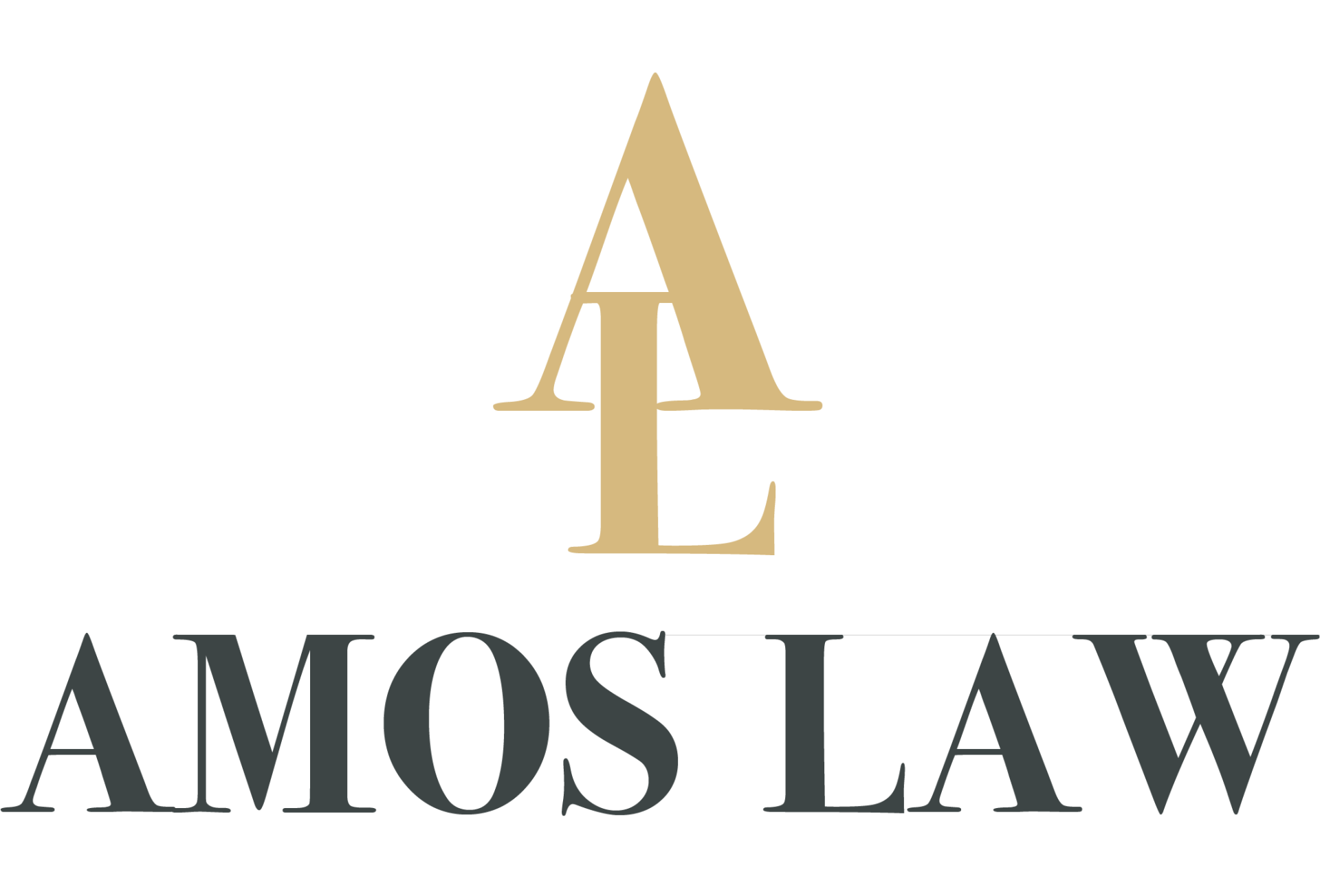Who Qualifies for Expunction in North Carolina? Key Rules You Need to Know

A criminal record can create numerous barriers to employment, housing, education, and financial opportunities. Fortunately, North Carolina offers a legal process called expunction (expungement) that allows individuals to clear certain criminal charges or convictions from their records. Understanding North Carolina expunction laws and determining whether you qualify for this relief is essential for taking advantage of this opportunity to start fresh. This article outlines expunction eligibility, key rules, and the petition process for criminal record clearing in NC.
What is an Expunction and Why is it Important?
An expunction is a legal process that allows certain criminal records to be erased, sealed, or cleared under specific conditions outlined by North Carolina law. When a record is expunged, it is no longer visible to the public, including potential employers, landlords, and most background check agencies. In effect, an expunction allows individuals to truthfully answer “no” when asked if they have a criminal record on applications, providing a clean slate and a second chance at life.
The benefits of expunction in North Carolina are substantial. It can open doors to new job opportunities, improve access to housing and education, and eliminate the stigma often associated with a criminal record. However, not everyone qualifies, and the process involves meeting specific eligibility criteria and following North Carolina’s expunction rules.
Expunction Eligibility Criteria in North Carolina
North Carolina expunction laws determine who qualifies for expunction based on the type of offense, the individual’s criminal history, and other specific factors. Here is an overview of the key expunction eligibility criteria NC residents should know:
1. Expunction for Dismissed Charges or Not Guilty Verdicts
If your case resulted in a dismissal or a “not guilty” verdict, you are generally eligible to petition for an expunction. North Carolina law allows individuals to clear records of charges that did not result in a conviction. These cases are often straightforward and do not have a waiting period.
2. Expunction for Misdemeanor Convictions
Certain non-violent misdemeanor convictions are eligible for expunction. Under current NC expunction requirements, individuals can seek to expunge misdemeanor offenses if they meet the following conditions:
- It is a first-time conviction of a non-violent misdemeanor.
- The individual has completed the required waiting period (5 years from the conviction date).
- The petitioner has no additional convictions during the waiting period.
Expunction for misdemeanors in NC is a valuable opportunity for those who have committed a single, isolated offense and wish to clear their record.
3. Felony Expunction Eligibility NC
North Carolina also allows expunction for certain non-violent felony convictions. The eligibility requirements for felony expunction include:
- The sentence is a first-time non-violent felony offense.
- The individual has completed a waiting period of 10 years from the conviction date.
- There have been no subsequent convictions during the waiting period.
Violent felonies, sex offenses, and certain other serious crimes are not eligible for expunction under North Carolina expunction rules.
4. Expunction for Juvenile Records
Individuals with criminal offenses committed before the age of 18 may qualify for juvenile record expunction. North Carolina laws provide leniency to young offenders by allowing them to clear certain charges, such as:
- Non-violent misdemeanors or low-level felonies.
- Offenses committed while under the age of 18.
The goal of juvenile expunction is to prevent youthful mistakes from hindering future opportunities.
5. Expunction for Drug Offenses
Certain drug-related convictions, particularly those involving first-time offenders, may also be eligible for expunction. For instance, individuals who were convicted of possession of small amounts of controlled substances and who completed drug education programs can often petition for record expunction in NC.
Expungement Law Changes: Recent NC Exput Updates
Over the past few years, North Carolina expunction laws have undergone significant updates to expand eligibility and streamline the petition process. Some notable changes include:
- Multiple Dismissals: Individuals can now seek expunction for multiple dismissed charges, whereas previously, expunction was limited to a single dismissal.
- Reduced Waiting Periods: The waiting period for non-violent misdemeanor convictions has been reduced from 15 years to 5 years, and for non-violent felonies, it has been reduced to 10 years.
- Automatic Expunction: Certain charges resulting in dismissals or acquittals are now eligible for automatic expunction, meaning individuals do not need to file a petition in some cases.
These changes reflect a growing recognition of the importance of criminal record clearing in NC and the need to provide individuals with a fair chance to move forward in life.
Understanding the Expunction Process in North Carolina
The expunction process in North Carolina involves several key steps, and it is critical to follow each step carefully to ensure a successful outcome. Below is an overview of the NC expunction petition process:
- Determine Eligibility: Before filing a petition, confirm that you meet the NC expunction requirements for your specific charge or conviction.
- Gather Required Documentation: Obtain the necessary records, such as court documents, proof of completed programs, and character references, if applicable.
- File a Petition: Complete and file the appropriate expunction petition form with the court where the conviction or charge occurred. This step often requires a filing fee.
- Await Review and Approval: The court will review your petition, and in some cases, a hearing may be scheduled. The process can take several months to complete.
- Receive Expunction Order: If approved, the court will issue an expunction order, and the records will be cleared or sealed.
While it is possible to navigate the expunction process independently, many individuals choose to consult with an attorney to ensure their petition is filed correctly and efficiently.
Benefits of Expunction in North Carolina
Expunction provides numerous benefits that can significantly improve an individual’s quality of life. Some key advantages of obtaining an expunction in North Carolina include:
- Improved Employment Opportunities: With an expunged record, individuals can apply for jobs without disclosing prior arrests or convictions.
- Better Access to Housing: Many landlords conduct background checks, and a clear record can increase the chances of securing housing.
- Restoration of Reputation: Expunction eliminates the public stigma associated with a criminal record.
- Access to Education and Licensing: Certain professions and educational programs may require a clean criminal record for admission or certification.
- Peace of Mind: Clearing a criminal record provides emotional relief and the confidence to pursue new opportunities.
How Amos Law Helps You Navigate Expunction in North Carolina
The process of expunging a criminal record in North Carolina can be complex, requiring a thorough understanding of expunction eligibility criteria, petition procedures, and legal documentation. This is where Amos Law comes in. With extensive experience in North Carolina expunction laws, Amos Law offers expert guidance to help clients determine their eligibility, prepare compelling petitions, and navigate the legal system with confidence. From analyzing your case to ensuring all paperwork is accurately completed and filed, Amos Law works tirelessly to maximize your chances of securing an expunction. Whether you're seeking to expunge a dismissed charge, misdemeanor, or non-violent felony, their dedicated legal team is committed to helping you clear your record and unlock new opportunities for a better future and the opportunity to expunge criminal records in NC and open new doors to employment, housing, and a brighter future.



